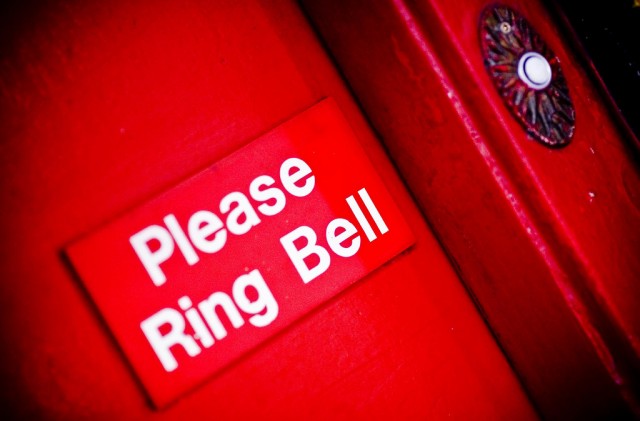Just this week, a massage spa in Fresno was shut down following several community tips and a months-long investigation. The spa’s 16 masseuses were women brought to Fresno from China who were all housed by the business owner. In a move that protected the women from suffering consequences, Fresno police did not make any prostitution charges and slapped the spa with fines that might keep it out of business.
Fresno has seen such a rise in massage parlors that in 2010 it created a special task force devoted to busting the illegal ones. The Massage Therapy Act would make it easier for a city to crack down on illegal activity without needing to work so hard to prove its case.
Bonilla said that families and children should not be faced with such illicit activity in their neighborhoods.
"It’s extremely troubling to hear of communities where, in a few-block radius, you may have 20 massage establishments. And knowing full well that … for the normal, legitimate massage practice, that that’s far too many,” Bonilla said.
At the crux of the legislation are provisions that would grant local governments the power to regulate how many massage parlors can be in their jurisdiction and where they can be. But it also would make key changes to the California Massage Therapy Council, a nonprofit entity created by the 2008 law that is responsible for approving massage therapy licenses. Up until now, the council consisted of 20 massage industry professionals. Seeking to give more say to others with a stake in the problem, this bill would downsize the council to 11 members and include more members from various public entities, such as the League of California Cities and the California Police Chiefs Association.
In addition to changing who gets to approve massage therapy certifications, the bill would change how these businesses get certified. Under current law, only individual massage therapists must be certified rather than the business as a whole. As a result, Bonilla (D-Concord) noted that even when cities managed to prove prostitution, “the owner of the business was usually never caught.”
So, if therapists were caught engaging in prostitution, not only did they lose their jobs when their licenses were revoked but they would simply be replaced with another worker — doing nothing to solve the larger problem.
Moreover, if a business had to go through certification, its owners would be on record should they ever violate the law. Gomez (D-Los Angeles), co-author of the bill, said “some of the community leaders told me that once they raided one massage parlor, another person would just take their place and they could never be shut down.”
By making it easier to track the owners, the Massage Therapy Council can prevent repeat offenders.
One provision in the bill would even deem “sexually suggestive advertising related to massage services” a violation worthy of revoking a massage therapy license.
While the bill would help cities curb criminal activity, it also would seek to raise the professional standard of the massage industry. In addition to massage businesses needing certification, individual massage practitioners would need to go through more rigorous training to obtain their massage therapy licenses. Requirements such as background checks and at least 500 hours of training from approved institutions would filter out those less serious about becoming masseuses. The authors of the bill say they hope this will help distinguish professional massage parlors from “bad actors,” so that legitimate businesses can practice with dignity.
But some in the massage industry are not so sure how the new rules will play out.
Adam Gordon owns a massage therapy clinic in San Francisco. He worries that legislation like this might give cities too much power to deny permits to legitimate businesses. If massage parlors are pushed into less savory areas and red-light districts, Gordon said this could perpetuate the stigma that massage therapy practitioners are constantly fighting.
Although he is wary of the Massage Therapy Act, he strongly supports the idea of requiring businesses to obtain certification and thinks that provision would help set professional parlors apart. Citing injured people, including athletes, that he has helped recover, Gordon said, “What I do is important to people and it’s valuable. There are people who could benefit from our services who might not come because they worry about prostitution.”
Gomez stated that the most troubling aspect of these parlors is “really the exploitation of women from all over the globe that are brought here as sex slaves and are trafficked. … It’s rampant in some of these parlors, and we need to make sure that we can shut those down and help the women who are being exploited because not all of them are there willingly, and we need to make sure they are protected.”
Adam Gordon agrees but wants to see that true practitioners are protected, too.
To ensure the rules are enforced, the Massage Therapy Act includes language that would require the council to report back in two years on how the rules are being implemented and what progress has been made.
Gomez acknowledged the difficulty of solving the problem, but is still committed to the solution.
